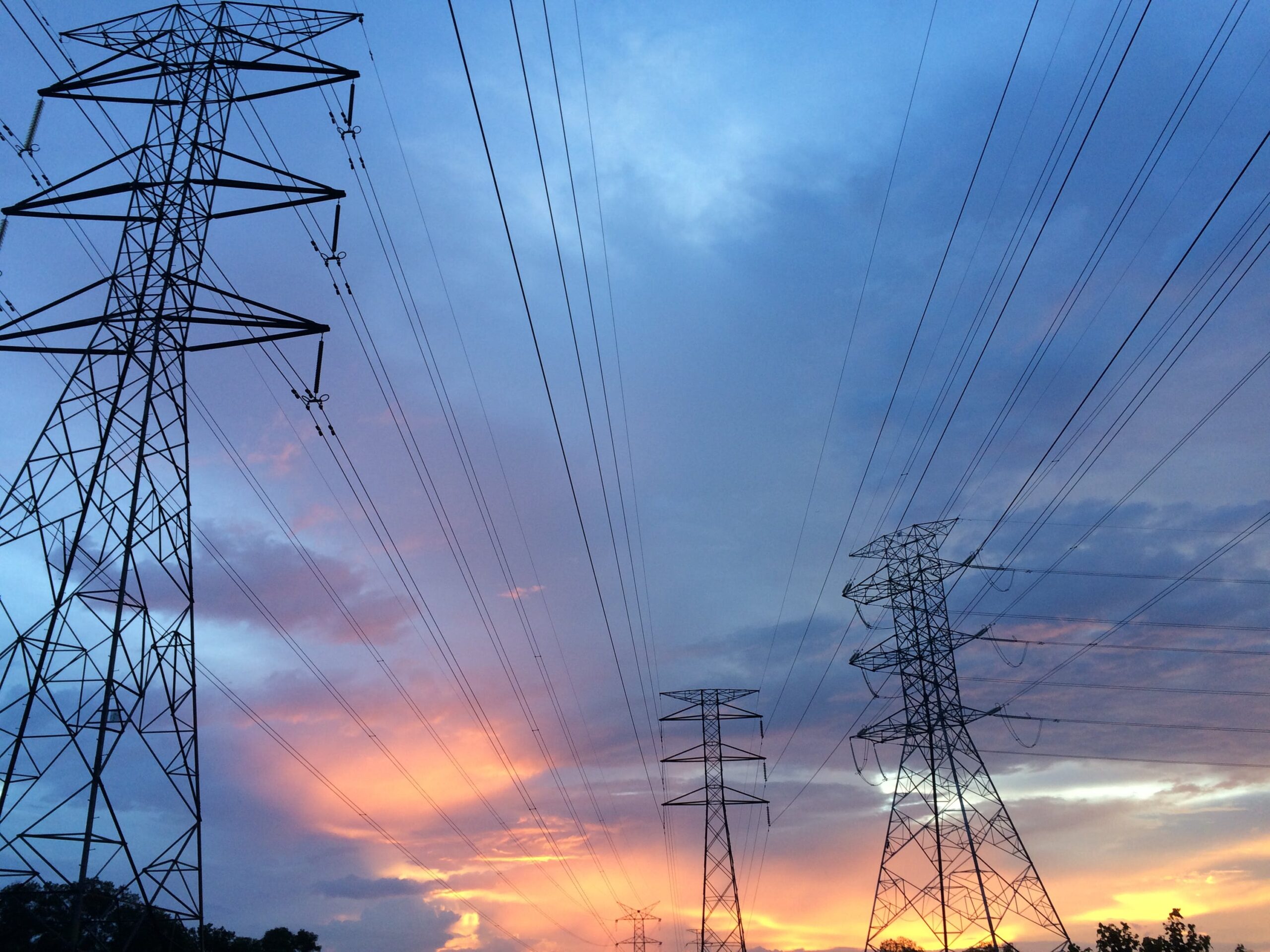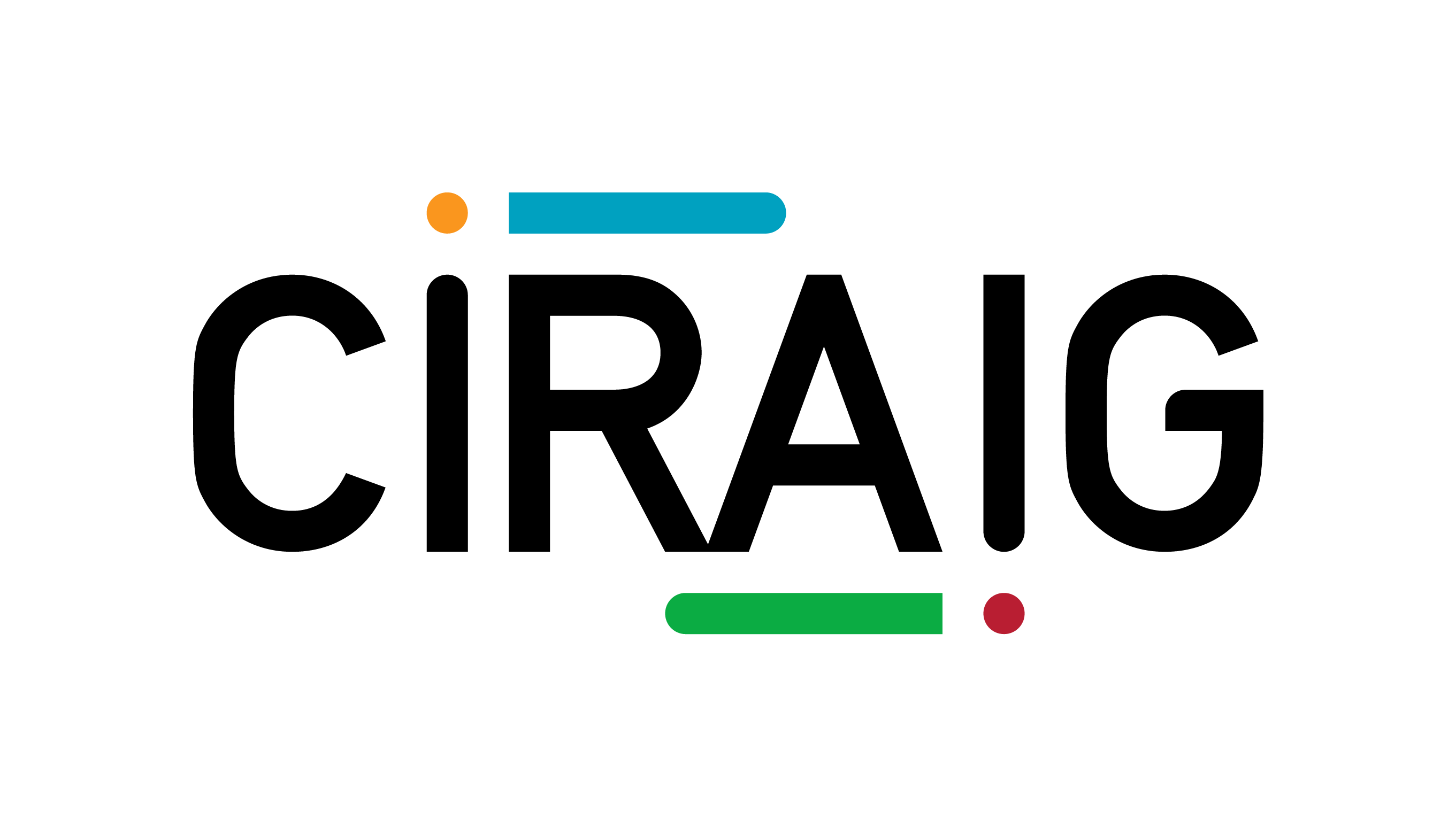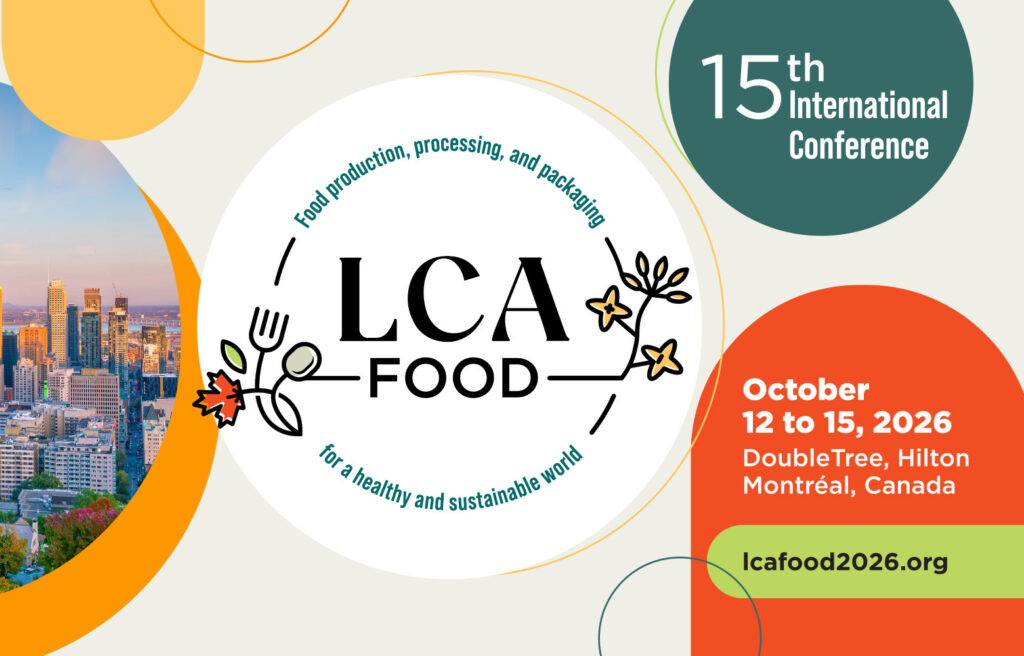
Hydro-Québec mandated the CIRAIG’s International Life Cycle Chair to use life cycle assessment (LCA) methodology to study and compare different power generation options, and the electricity mixes* of various Canadian provinces, U.S. states and other countries.
The data on the impact of generating options was collected via a literature review of the LCAs conducted in this field. Over 60 relevant reports or articles, published since 2007, were identified and analyzed. The data gathered was also compared to the data produced by Hydro-Québec.
The data related to electricity mixes came from the ecoinvent database v3.0, which is commonly used to conduct LCAs.
* An electricity mix is the electricity generated by the different types of generating stations that form a network operated over a given territory, and the electricity imported from neighboring territories.
Results
- Based on the environmental indicators studied, the results for hydropower are among the best, thanks to the option’s minimal use of resources during the generation phase. Conversely, thermal generation using non-renewable sources shows the worst results, due to the extraction, transformation and use of fuels. Moreover, the results of the study conducted for Hydro-Québec are similar, for most of the indicators, to the results found in the documentation published about hydropower.
- Based on the environmental indicators studied, Québec’s energy mix is among the best.





